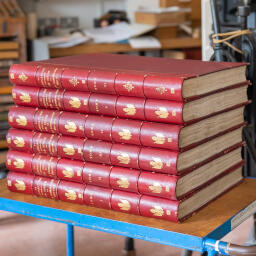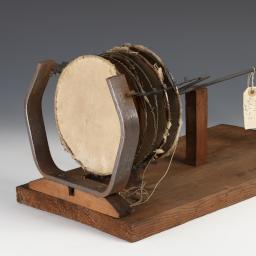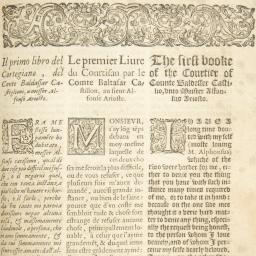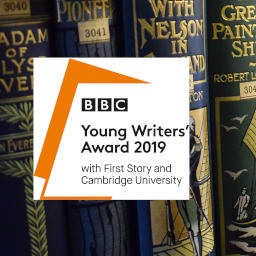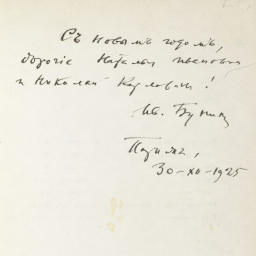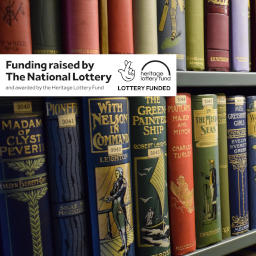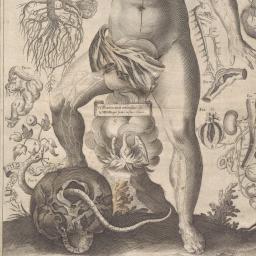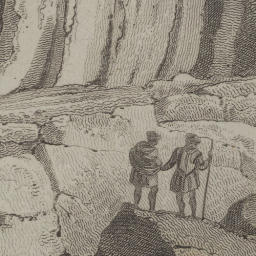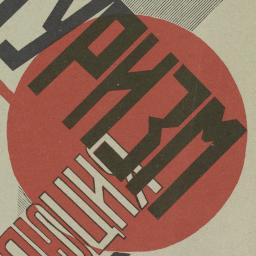Samurai: History and Legend
Samurai are a well-known image of Japan, but they are as much legend as history. Our Samurai: History and Legend exhibition explores the literary concept of the samurai and the changing nature of Japanese warrior culture from the 12th to the 19th centuries.
The great warriors of Japan’s medieval period (roughly the 13th to 16th centuries) gradually gave way to a more well-defined and self-conscious warrior class that ruled over a long period of relative peace, from the 17th to the mid-19th century.
Today’s familiar images of the samurai began to take shape in the histories and vibrant popular culture of that peaceful time. During this period, records and reinterpretations of an older Japanese warrior culture helped construct the histories and myths of the samurai that today hold sway in Japan and beyond.
To discover more and for tours and events click here.
This exhibition is curated by Dr Kristin Williams.
Generously supported by the Great Britain Sasakawa Foundation, the Howard and Abby Milstein Foundation and the Friends of Cambridge University Library.

